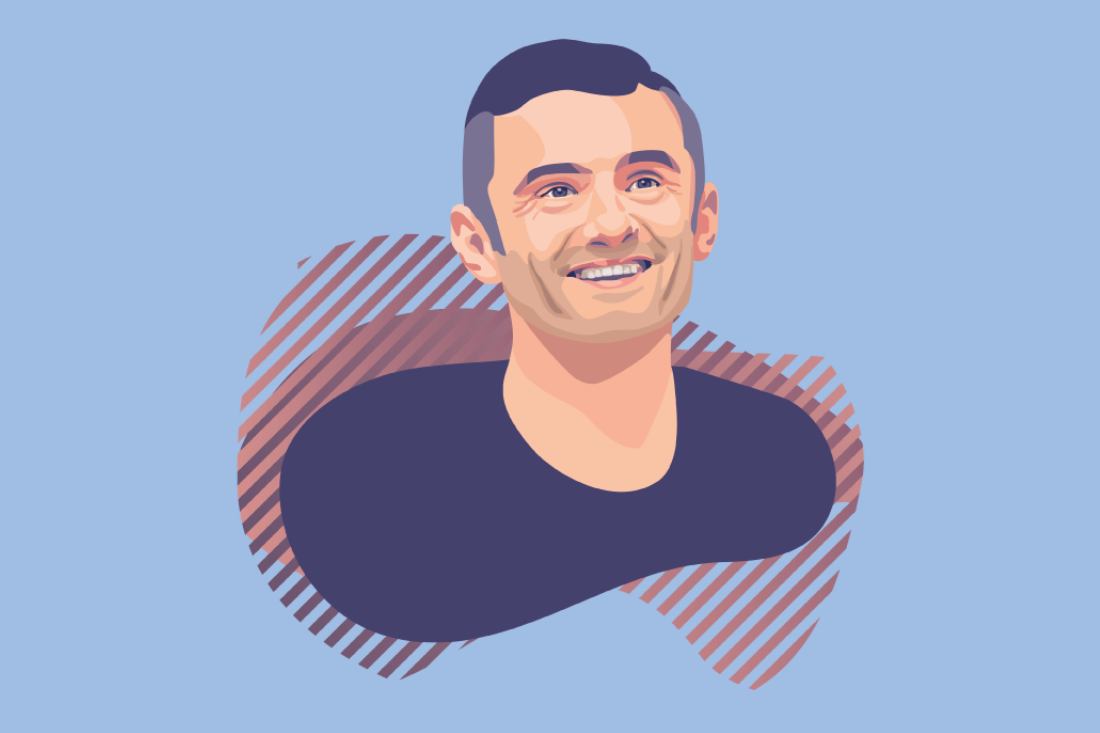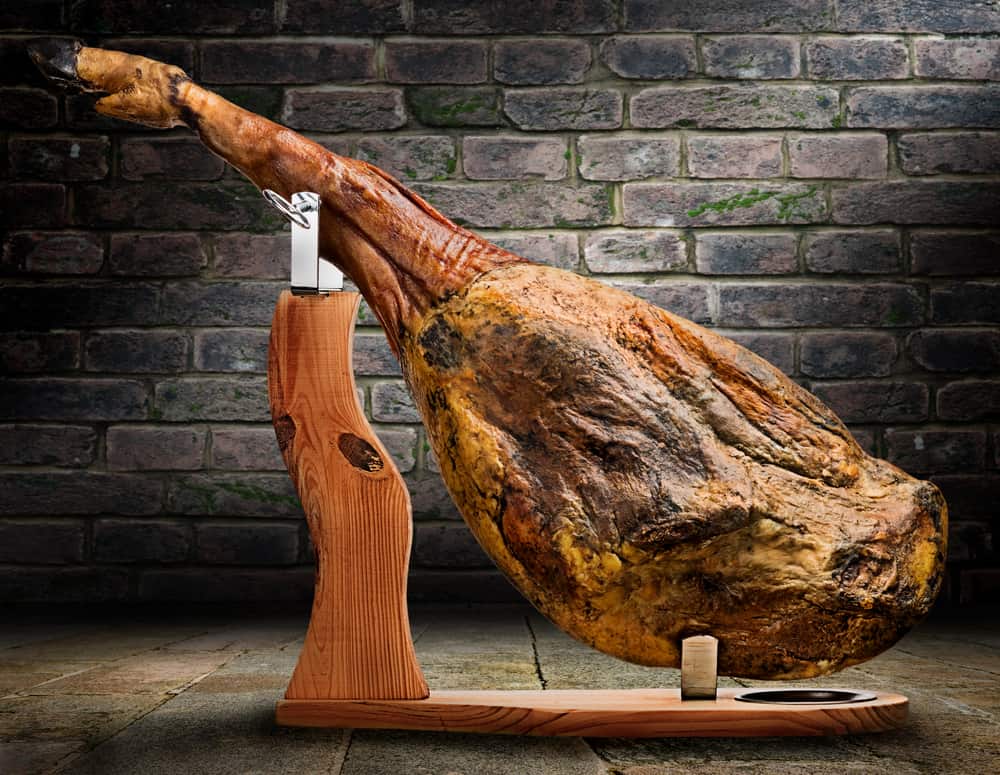
Ramadan Diet Plan: 5 BEST Ways to Lose Weight in Ramadan
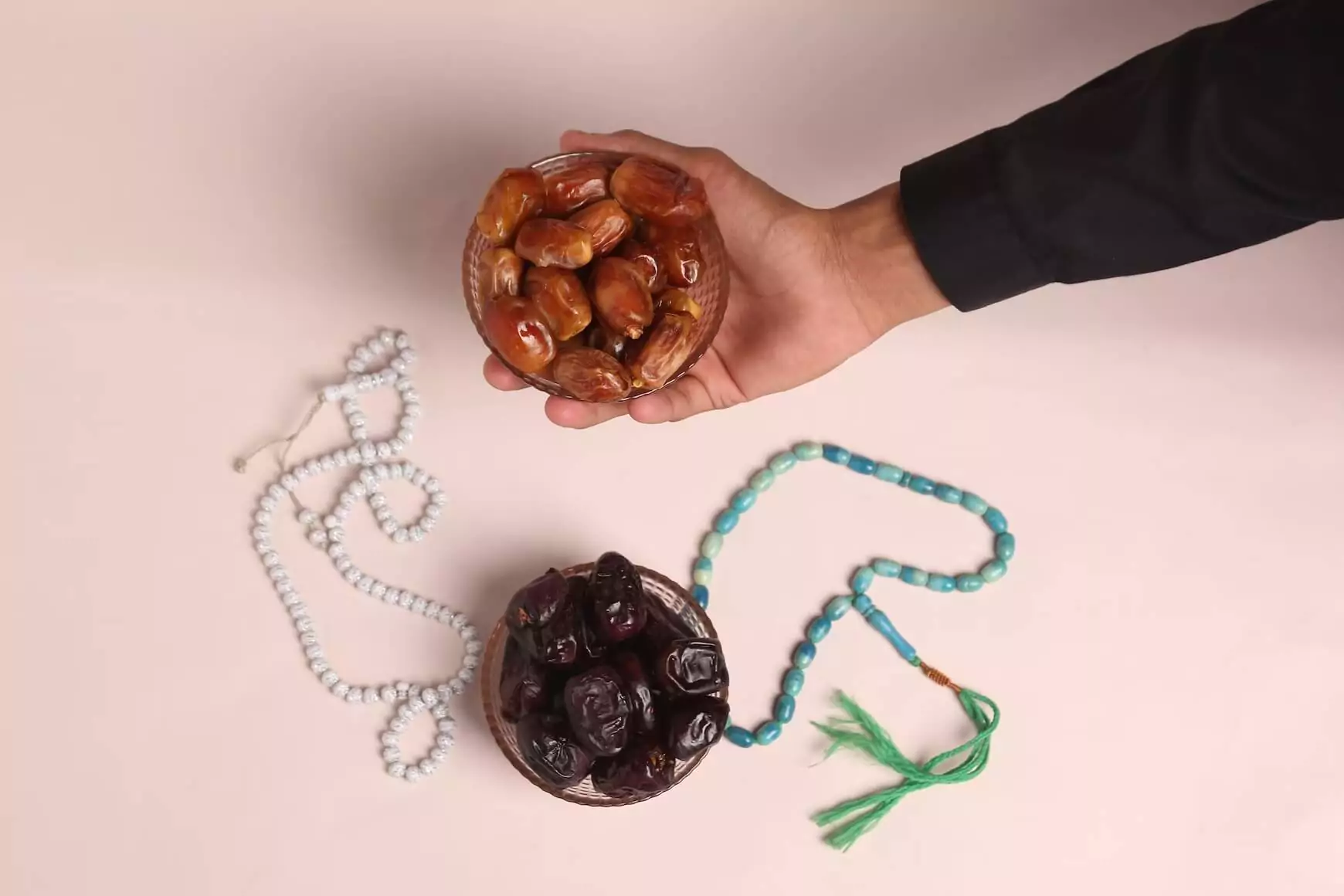
To aid in weight loss during the holy month of Ramadan, this Ramadan diet plan provides 5 effective ways to shed some extra pounds. Muslims all over the world fast and think about their faith during the month of Ramadan. During this time, people don’t eat or drink anything from dawn to dusk. During this holy month, a lot of people also try to get healthier and fitter, such as by losing weight. If you want to lose weight during Ramadan, you can do so by following a structured diet and exercise plan. A Ramadan diet plan for weight loss is made to give you the food and energy you need to stay healthy and busy while you fast.
The diet plan has healthy foods that give you energy and nutrients to keep you going all day. On the diet chart, there are healthy choices like whole grains, lean proteins, and vegetables. Unhealthy fats and sugars are not on the chart. It also includes the suhoor and iftar meals, which will keep you full and energized all day without letting you lose weight. In this blog, we will go over a science-based diet plan which will help you achieve your goals during your Ramadan journey.
How to Lose Weight During Ramadan?
During the month of Ramadan, Muslims refrain from consuming any food or liquids between the hours of dawn and sunset as a spiritual practice. A healthy weight can be maintained during Ramadan without negating the spiritual significance of the holy month. At Iftar, the evening meal, it is especially important to prioritize nutrient-dense foods, limit sugar and processed foods, and avoid overeating. Other important factors in weight loss during Ramadan include drinking plenty of water, keeping up with regular exercise, and making time for rest and relaxation.
A healthy weight can be maintained during Ramadan while still respecting the spiritual significance of the month by eating sensibly, drinking plenty of water and engaging in regular exercise. Please read the following tried and tested tips for losing weight during Ramadan. If you follow it, you could lose as much as 5 kg in a single month!
1. Eat a Balanced Meal
During Ramadan, Muslims break their overnight fast with a meal called Suhoor. Suhoor is very important because it provides the body with nutrients and energy to last until the evening meal. Complex carbohydrates like whole grain bread or oats, protein-rich foods like eggs, lean meats, or legumes, and healthy fats like avocado, nuts, or seeds make up a balanced suhoor meal. This nutrient profile can help you feel full for longer and keep your blood sugar levels steady. This strategy can help curb unhealthy food cravings and overeating during non-fasting hours.
2. Drink MORE Water!
If you don’t drink enough water during Ramadan, you could end up with headaches, fatigue, and trouble focusing. Overeating and cravings can both be mitigated by drinking enough water. Try to get in at least 9 or 10 glasses of water during the times when you are not fasting.
Every Iftar has sugary drinks, juices, and milkshakes, but if you’re trying to lose weight, you should avoid them. As a means of breaking your fast, try eating a date and drinking some water. Water aids weight loss by decreasing the amount of fat your body has to break down and speeding up the rate at which fat stores are released from the body. Drinking water can help speed up your metabolism and reduce your appetite. This helps you avoid binge eating afterward. Staying hydrated is a great way to complement your exercise routine. If you’re trying to watch your weight during Ramadan, swapping sugary juices and sodas for water is a smart move because it has zero calories.
3. Exercise Regularly
Even during Ramadan, it is imperative that you engage in some form of physical activity, as this will speed up your metabolism and help you avoid gaining weight. The trick to staying fit during Ramadan is timing your workouts properly.
Keeping your heart and lungs healthy through regular exercise helps you feel more energised and alert. It improves mental performance, so you can keep your wits about you even as you fast during Ramadan. Most people don’t think about working out during Ramadan because they don’t have the energy to. However, it can be dangerous to cut exercise out of your life for an entire month. So, a quick fix is to work out either 30 minutes before Sehri or 1-2 hours after Iftar. You can burn extra fat in this way without getting hungry or thirsty.
4. Get Enough Sleep
Getting enough shut-eye is essential to your health and well-being. In order to keep one’s body and mind in good working order during the month of fasting, it is essential to get enough sleep. During Ramadan, many people refrain from eating and drinking, which can have a negative impact on their energy levels, focus, and general disposition. Lack of sleep is linked to binge eating and unhealthy food cravings, making it especially crucial to prioritise sleep during Ramadan. To keep your body refreshed and operating at peak performance, shoot for 6 to 8 hours of sleep every night.
Sleep is important for digestion because it provides the body with much-needed rest and repair, something that is especially crucial during the fasting month. Heartburn, acid reflux, and indigestion are all symptoms of a malfunctioning digestive system, which can be exacerbated by a lack of sleep.
5. Avoid Fried and Sugary Foods
All fried food can be very tempting, but it is best to avoid it during Ramadan because it is the unhealthiest. Most processed foods have a lot of calories, sugar, salt, and fat. Trans fats, which are found in a lot of fried foods, cause visceral fat to build up in the lower body.
Consuming high-calorie foods like fried foods and large meals can throw off your calorie intake and energy expenditure. As a result, the body mass index drops from the obese range. In order to eat mindfully, one should reduce their consumption of such high-calorie foods. Weight loss during Ramadan can be aided by reducing salt intake. Ingesting too much salt causes water retention and subsequent weight gain. which means they are terrible for your health. During the holy month of Ramadan, it is best to stay away from them.
To satisfy your body’s need for protein, eating foods derived from animals is a must. Because of their high protein and carbohydrate content, legumes and lentils are not recommended for dieters. Lean meats, eggs, and beans are all good sources of protein, and they fill you up without adding a lot of fat or calories. They are harder to break down, so you feel fuller for longer. Meat and meat products have been shown to decrease hunger hormones and increase satiety hormones. For these reasons and more, proteins are an excellent addition to your daily sehri or Iftar meal.
Bonus Tips
For the duration of a dry fast, the fasting individual foregoes both food and water. Some people believe that dry fasting can help them lose weight, have better digestion, and have more energy. However, dry fasting isn’t without its risks, including dehydration, electrolyte imbalances, and slowed mental processing.
The high fibre content of vegetables aids digestion and keeps bowel movements regular. They are lower in calories than similar starch- or sugar-containing foods.
Because of the high fibre content, you’ll feel full for longer. You can maintain good health even when cutting back on calories by eating plenty of fresh green vegetables. Studies have shown that the nutrients in these foods can help reduce inflammation, lower cholesterol, and strengthen the immune system.
Ramadan Diet Plan For Weight Loss
Suhoor
- 1 bowl sugarfree muesli with milk, 2 egg whites with 1 multigrain toast
- 1 bowl chicken curry + 2 bread + 1 bowl dal
Iftar
- 2 date + 1 bowl mixed fruits
- 1 bowl chickpeas
- 2 chicken kebab
Dinner
- 1 bowl chicken gravy + 2 bread/ rice
- 1 meat shawarma
- Chicken biryani
Please note that this ramadan diet plan may not be appropriate for everyone, particularly those with preexisting medical conditions like high blood pressure, diabetes, kidney disease, etc. Therefore, before beginning a new diet, it is wise to speak with a Dietitian.
Conclusion
The holy month of Ramadan is a great time to make positive changes to one’s diet and routine in addition to the spiritual benefits it offers. If you want to lose weight during Ramadan, it is possible to do so by eating a healthy, well-balanced diet, drinking plenty of water, and getting some exercise during the day. The health benefits of adopting these practises extend far beyond the holy month of Ramadan. So, let’s make the most of this fortunate month by putting our health and wellbeing first.
Muslims around the world observe a daily fast from dawn until dusk during the month of Ramadan. If you want to slim down during Ramadan, it’s best to drink plenty of water and stick to a diet that’s low in calories without sacrificing nutrition. Maintaining a healthy weight throughout the month can be greatly aided by avoiding sugary drinks and fried foods. A dietitian can help you create a healthy eating plan tailored to your specific needs and medical situation. The metabolism can be boosted and excess weight lost with even moderate exercise.
FAQs
-
Is it safe to follow the Ramadan Diet Plan?
Yes, it is safe for most healthy people to follow the Ramadan Diet Plan. But it’s always a good idea to talk to a doctor or nurse before starting a new diet or exercise plan.
-
Are the recommendations in the Ramadan Diet Plan suitable for vegetarians or vegans?
Yes, the Ramadan Diet Plan recommendations are adaptable to a vegetarian or vegan diet.
-
Can I lose weight during Ramadan?
Yes, it is possible to lose weight during Ramadan by consuming a healthy diet and engaging in regular physical activity. The Ramadan Diet Plan offers five effective methods for achieving weight loss objectives.
-
Can I still enjoy traditional Ramadan foods while following the Ramadan Diet Plan?
Yes, the Ramadan Diet Plan includes suggestions for healthier versions of traditional Ramadan foods. Allowing you to continue to enjoy the flavours of Ramadan, just by changing the cooking methods, while maintaining a healthy diet.
-
How long should I follow the Ramadan Diet Plan?
The Ramadan Diet Plan is intended for use during the holy month of Ramadan. Some of the recommendations, however, such as maintaining a healthy diet and engaging in regular exercise, can be continued after Ramadan for long-term health benefits.
1. INEVIFIT Digital Kitchen Scale
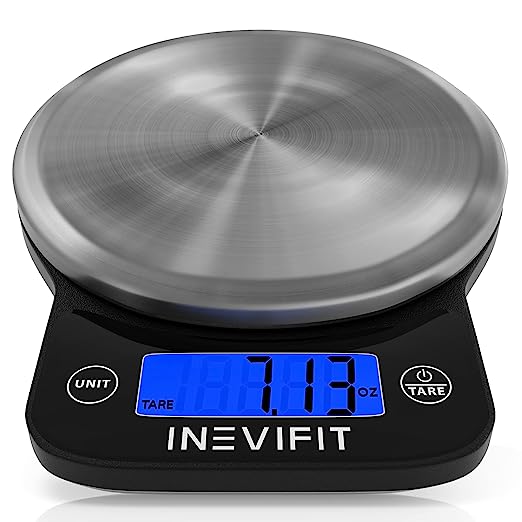
Description
The INEVIFIT digital kitchen scale is the ideal accessory for any home cook or baker. This contemporary kitchen scale is made of high-quality stainless steel, making it both sturdy and attractive. It’s the best option for measuring ingredients for recipes or portioning meals thanks to its precise weight readings up to 13 pounds, thanks to its high-tech sensors. The INEVIFIT digital kitchen scale can measure in grammes, ounces, pounds, and millilitres, making it extremely flexible. In addition, it has a tare feature that deducts the weight of any bowls or other containers before measuring, guaranteeing precise results every time.
The large LCD display and touch-sensitive buttons on this kitchen scale make it a breeze to use. Easy care includes a quick wipe down with a damp cloth after each use. The INEVIFIT Digital Kitchen Scale is a must-have for any cook, whether you’re a professional or a hobbyist. It’s ready to use right out of the box with the two AAA batteries that are included. Why hold off? Cook with assurance once you get your hands on an INEVIFIT Digital Kitchen Scale.
Order Now2. Kapobia Muslim Prayer Rug
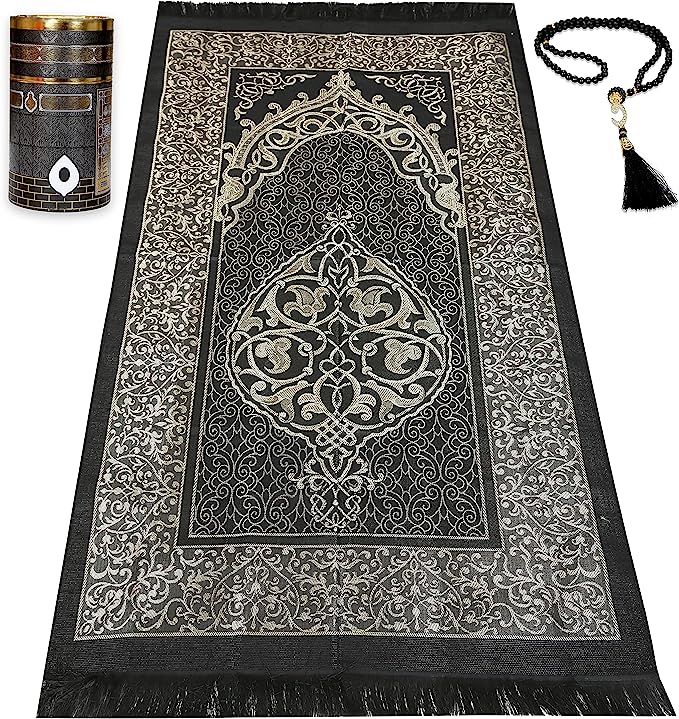
Description
During Ramadan or any other time of year, the Kapobia Muslim Ramadan Islamic Taffeta Prayer Rug will be a welcome addition to your prayer space. This prayer rug is crafted from high-quality taffeta fabric, making it soft underfoot and long-lasting for years to come. The intricate patterns and rich colours of the Kapobia Muslim Ramadan Islamic Taffeta Prayer Rug will elevate your prayer space to a new level of beauty. Its 26 by 47-inch dimensions make it ideal for adult use and make it simple to pack and transport.
This prayer mat is a great option for daily use because it is not only lightweight but also simple to clean. To get it ready for your next prayer, just wash it by hand in cold water and hang it to dry. You can’t go wrong with the Kapobia Muslim Ramadan Islamic Taffeta Prayer Rug if you’re a practising Muslim or just want a high-quality prayer mat. Why hold off? Get your very own prayer rug right now and see for yourself the comfort and beauty it brings.
Order Now3. Kederwa Home Scented Candles

Description
The holy month of Ramadan is the ideal time to show your loved ones how much you care by giving them the Kederwa Ramadan Decorations Gift Set. A lovely candle with a lavender scent, a decorative tassel ornament, and a Ramadan Kareem banner are included in this set to help you celebrate the holy month of Ramadan in style and spirituality. You can unwind and enjoy the holy month of Ramadan with the help of the long-lasting and fragrant aroma of the candle, which is scented with lavender and made with high-quality soy wax and essential oils. The ornamental tassel has a lovely design and can be used to adorn walls or pieces of furniture.
The Ramadan Kareem banner, with its stylish and elegant design, is another lovely decoration to hang in your home during the holy month. Its size of 7 by 5 inches makes it suitable for both wall and shelf display. You can’t go wrong with this set as a gift for your loved ones this Ramadan because it’s both lovely and useful. The Kederwa Ramadan Decorations Gift Set is a wonderful present for anyone on your list, whether they are family, friends, or coworkers.
Why hold off? If you want to decorate your home for the holy month of Ramadan in style, order the Kederwa Ramadan Decorations Gift Set right now!
Order Now




